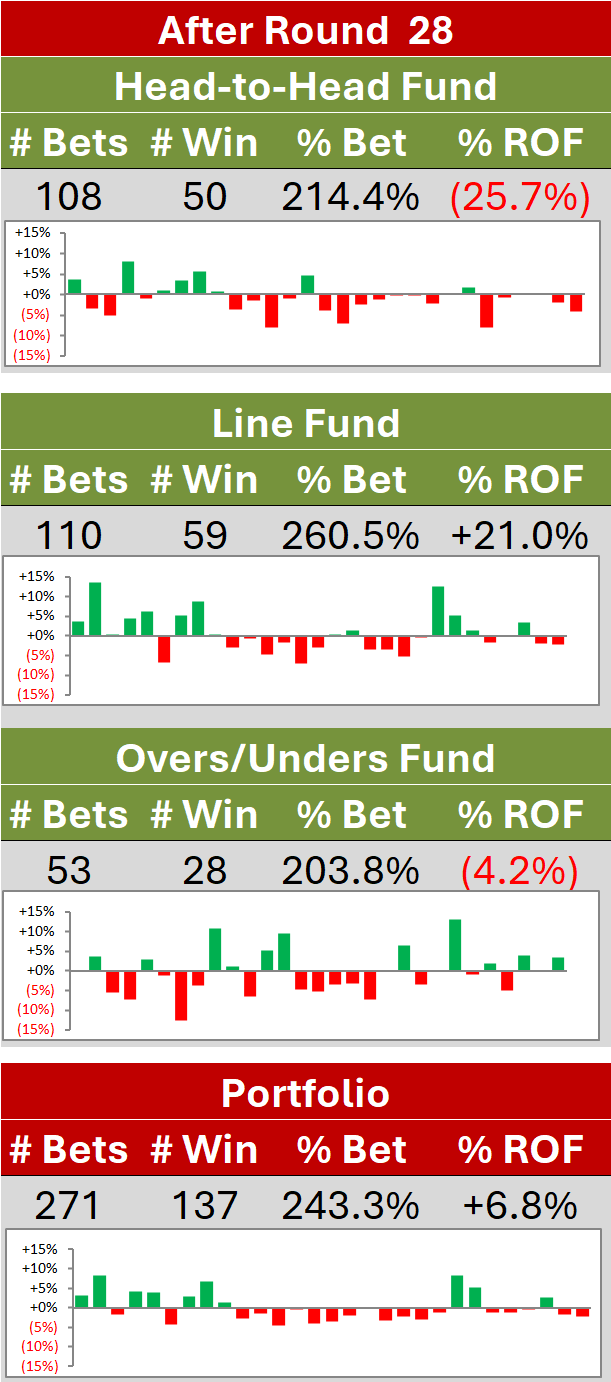What's in a Name Gender: UK Edition
/Some time ago, I looked at the performance of Australian contestants based on the gender implied by their first names, but it turns our that I never got around to doing the same for UK contestants.
Today, we close that gap.
Firstly, a quick reminder that we are again using Derek Howard’s Gender by Name database to attach implied genders to names, and we are using the player-by-player data on OneQuestionShootout for our raw data.
Derek’s database attaches a probability of being male to a large number of first names, and we deem a contestant name to have been appropriately name-gendered if that probability is under 25% or over 75%. For the UK data that leaves only about 6% of the 9,260 contestants with an unknown name gender.
Read More
